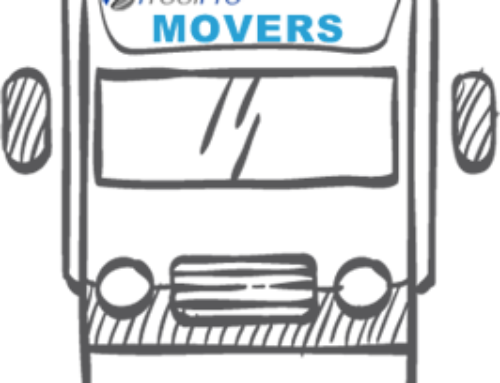By Kim Covert, Canwest News Service
OTTAWA – The first step to take when buying a new home is not to go looking for a new home. It’s not even to get pre-approved for a mortgage. Both of those steps come later.
The first thing you should do is find out your credit score, says Adrian Mastracci, portfolio manager for KCM Wealth Management Inc.
“It’s probably one of the first things you ought to find out, how good is it, how good are you,” says Mastracci.
If your credit rating is anywhere in the 750-850 band, banks will do what they can to sign you up, he says – they want someone who will pay back the loan with interest.
With a good credit rating in hand you’ve got some bargaining power when you embark on step No. 2 and start looking for a mortgage – especially if the banks quote you their posted rates, which Mastracci says “don’t mean a darn thing.”
“If anybody pays the posted rate they’ve got to have their head examined,” says Mastracci. The typical rate for a five-year mortgage the day he was talking was 4.6 per cent, while the posted rate was more like 6.5 per cent.
“If a borrower went somewhere and they were talking about the posted rates I would just get up and go. I would tell them `(call me) when you’re ready to speak about the real rates’,” he said. “Especially if you know that you have a terrific credit rating – if you know that you can look somebody in the eye and say `I am the best credit rating you can get’ and they will not let you get out the door.”
How much risk you’re prepared to bear will be the key factor in deciding between a fixed-rate and a variable-rate mortgage. While a variable-rate mortgage will save a lot of money over time, you have to be prepared to absorb any increases in the interest rate. One option for those unable to decide between a fixed- or variable-rate mortgage is a combination of the two.
Regardless of the kind of mortgage you get, work out how long it will take to get rid of it, and plan to get rid of it as quickly as you can.
“The payment on the mortgage, or the payments over a number of years to get rid of the mortgage, is probably the biggest outlay that most people will make. So if you can shorten that outlay by one, three, five, 10 years, whatever the case may be, you will save a bundle of interest,” says Mastracci, who acknowledges that paying it off faster than the usual 25 years could take some work and sacrifice.
“There’s no doubt, you’ve got to tighten up that belt a little bit and say to yourself what is most important to me, getting rid of this monkey off my back or having a good time. Or some combination. Everybody can answer differently to that one, but at least know what you’re missing out if you don’t repay the mortgage in a faster time frame.”
Nailing down all these numbers before you start shopping will probably take all the romance and spontaneity out of the search for a new home, and that’s a good thing.
Once you’ve formed an attachment to a particular house, “you sort of get clouded with the excitement of getting that home versus what you’re supposed to do with the finances,” says Mastracci.
“Don’t put the cart before the horse. Figure out what it is that you can safely spend on that home and then go look for it. I think if one does it that way you’ll make fewer mistakes.”
One trap many people fall into is to fall in love with a place, sign a paper and then have little time to negotiate the best mortgage.
“That’s not the way to make your biggest purchase,” says Mastracci. “Educate yourself, do the legwork, do the homework and make sure that you understand what it is that you’re up against and then go find whatever fits. . . .
“There’s nothing worse than being under the gun when you’re signing up for hundreds of thousands of dollars of mortgage money.”
© Copyright (c) Canwest News Service
